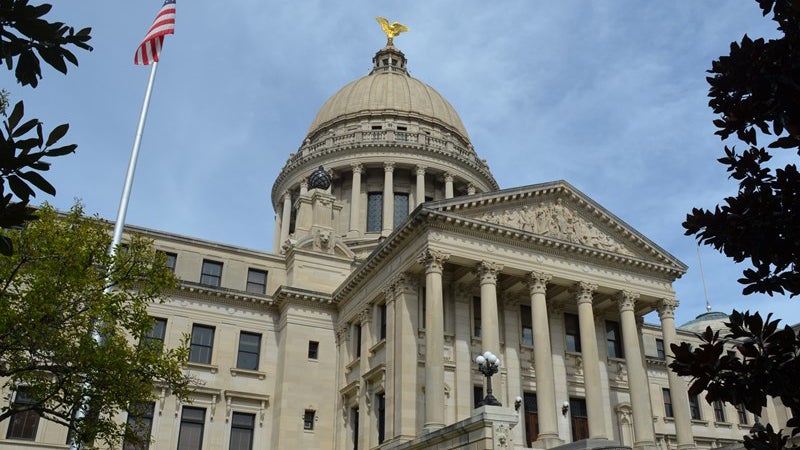Hyde-Smith votes to cap insulin prices
Published 6:00 pm Friday, August 12, 2022

- Sen. Cindy Hyde-Smith of Brookhaven (R-Miss.)
In a rare vote that set her apart from most Senate Republicans, U.S. Sen. Cindy Hyde-Smith voted on Saturday to keep a proposal in the Inflation Reduction Act that would have capped the price of insulin at $35 per month for patients with private health insurance.
The U.S. Senate passed a major budget package that will invest hundreds of billions of dollars into clean energy, health care subsidies and deficit reduction, but not before Republican senators forced the removal of the insulin price cap proposal.
Seven Republicans voted with Democrats to keep the insulin price cap in the bill, including Hyde-Smith. However, the 57-43 vote to waive budget rules still fell short of the 60 votes needed to keep the proposal in the final bill.
Republicans did not challenge a provision that places the same price cap on insulin for Medicare patients.
The vote from Hyde-Smith was surprising because of her opposition to the bill as a whole, which she voted against. Hyde-Smith supported the insulin proposal because of the aid it would provide her constituents, she said in a statement to Mississippi Today.
Mississippi had the highest rate of diabetes in the nation in 2016, according to the Mississippi Department of Health, with over 308,000 adults estimated to be living with the disease. Mississippi had the second-highest diabetes mortality rate in the nation in 2020, according to Centers for Disease Control and Prevention data.
“We must find a sensible solution to lower drug prices for the American people, especially now that everyone is struggling from the pressures of high inflation,” Hyde-Smith said. “I strongly opposed the Democrats’ tax and spend plan, but liked the chance of capping insulin costs even if that plan may not have been a perfect fix. I will continue to work toward improving access to affordable insulin for Mississippians and others across the nation with diabetes.”
The price of insulin in the United States is far higher than in any other country. According to a Rand Corporation study from 2020, the average price of a vial of insulin in the U.S. was $98.70 in 2018, while the same insulin only costs $12 in Canada and $7.52 in the United Kingdom.
The price disparity was worse when Rand looked at the price of rapid-acting insulin. The average cost of this insulin in 35 other countries was just over $8. In the U.S., it cost $119.
Sen. Roger Wicker voted against the insulin price cap, citing an opposition to government price controls, but supported a separate amendment proposed by Sen. John Kennedy, R-La., that would have lowered insulin costs by providing $3.1 billion to federally qualified health centers to cover the costs of discounted insulin and epinephrine for certain patients through 2026. That amendment also failed due to a 50-50 vote split evenly along party lines.
“ … I believe that imposing government price controls on private insurance is the wrong way to lower costs. Instead, I have pushed for alternatives that would help lower-income Americans get access to cheaper insulin and end regulatory barriers that have kept lower-cost insulin away from the market,” Wicker said in a statement to Mississippi Today.
He continued: “I hope to continue working with Senator Hyde-Smith and my other colleagues on a truly bipartisan package to help lower insulin costs without setting a government price control.”
By WILL STRIBLING
MISSISSIPPI TODAY





